Microbes are revolutionary. These ‘invisible’ cells vastly outnumber plants and animals and they have repeatedly and dramatically altered our planet and the course of human history. They were the first forms of life on our planet. They produced the first oxygen gas in our atmosphere, allowing the evolution of more complex multicellular life. Today, they continue to make our planet habitable through nutrient cycling, breakdown of organic matter and bioremediation.
Microbes provide us with food, and with drugs to maintain our health. They cause deadly diseases, but they also help develop our immune systems. Understanding microorganisms allows us to better understand our planet, control pandemics and improve the lives of people all around the world.
Research Areas in Microbiology:
- Antibiotic production
- Bacterial symbiosis and pathogenesis
- Yeast genetics and molecular biology
- Protein production and secretion
- Regulation
- Signal transduction
Microbiology Faculty

Sonia Bardy
Associate Professor
Signal Transduction & Regulation
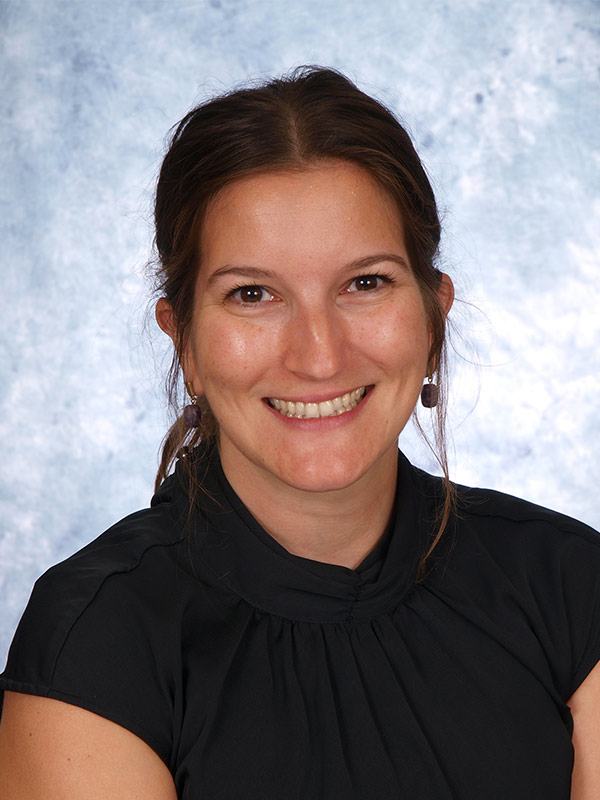
Alita Burmeister
Assistant Professor
Bacteria-Phage Interactions
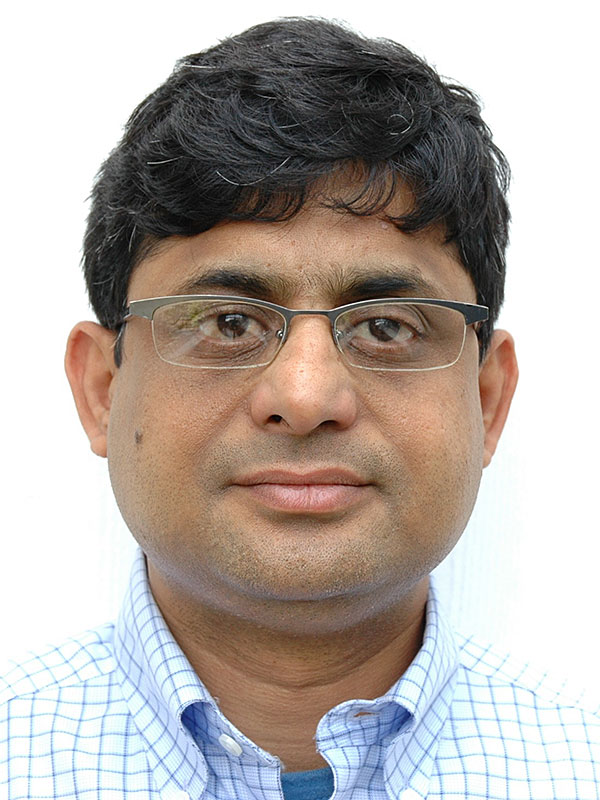
Madhusudan Dey
Associate Professor
Protein Synthesis/Folding
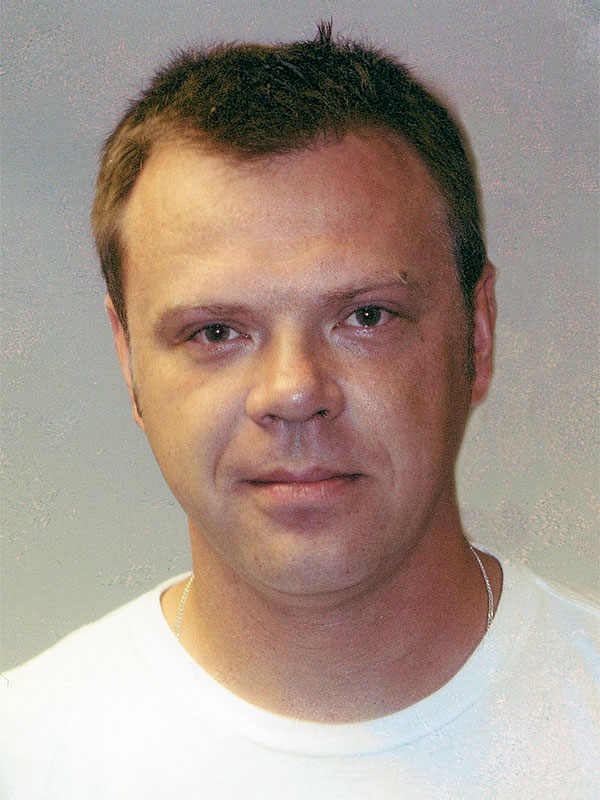
Sergei Kuchin
Associate Professor
Yeast Genetics

Gyaneshwar Prasad
Associate Professor
Bacterial-Plant Mutualism
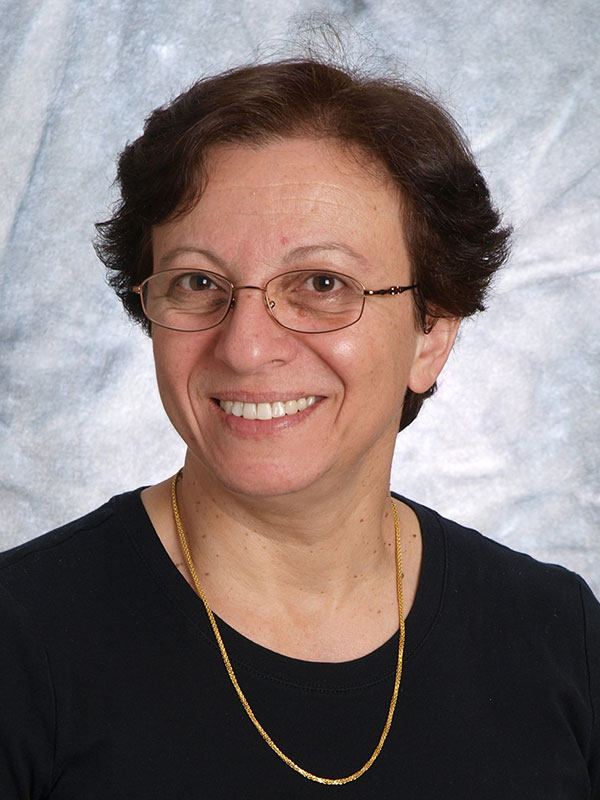
Daâd Saffarini
Professor
Bacterial Respiration

Ching-Hong Yang
Professor
Pathogenesis & Antimicrobial Discovery
Microbiology Affiliated Faculty
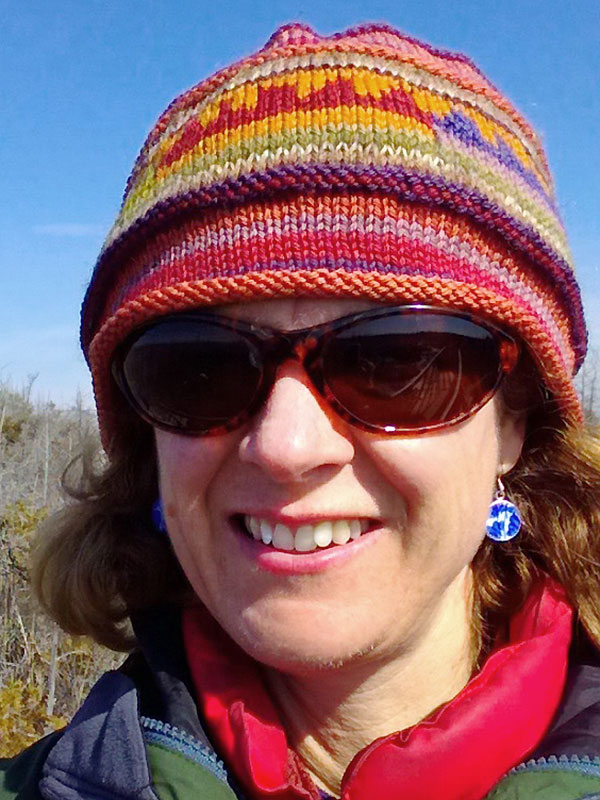
Erica Young
Associate Professor
Microbial Ecology
